New Insights on Drug Resistance in Epilepsy Treatment
Researchers studied how some people with epilepsy related to a condition called focal cortical dysplasia (FCD) respond to medications.
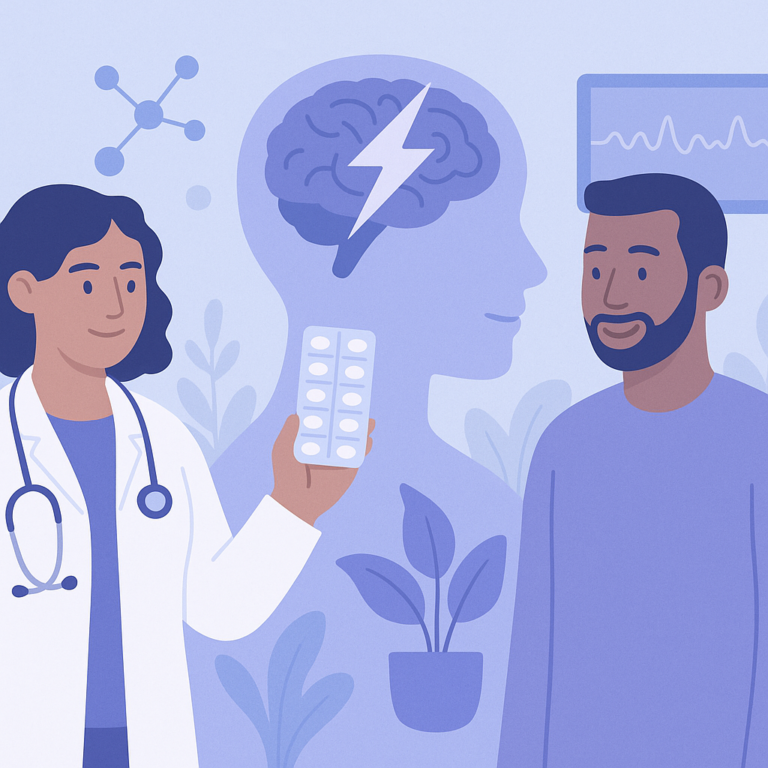
Researchers studied how some people with epilepsy related to a condition called focal cortical dysplasia (FCD) respond to medications.

Researchers studied the safety of deep brain stimulation (DBS), a surgical treatment used for conditions like epilepsy, by comparing it to other common elective surgeries.
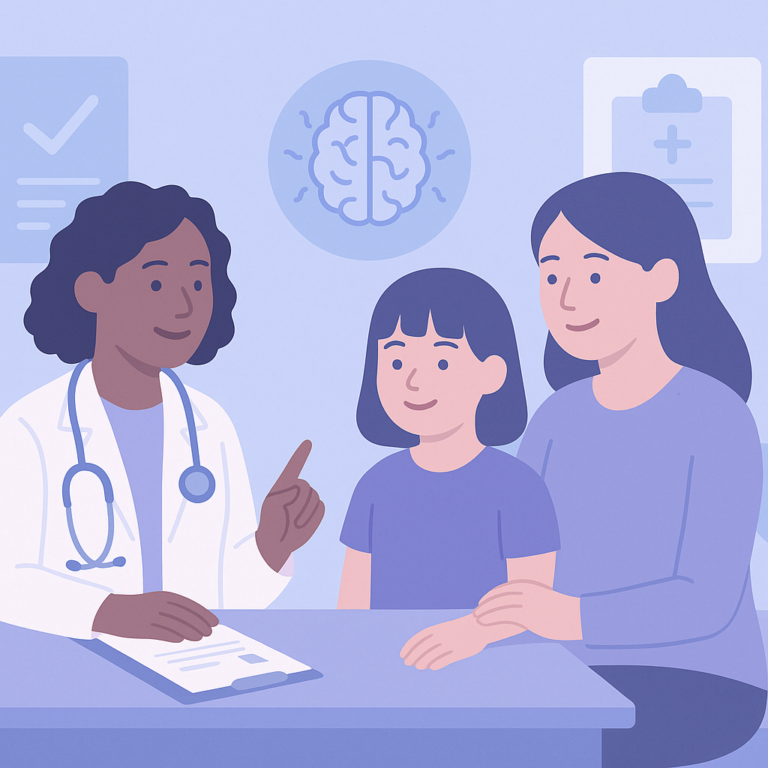
This study looked at how different factors affect the outcomes of epilepsy in children, particularly in India.
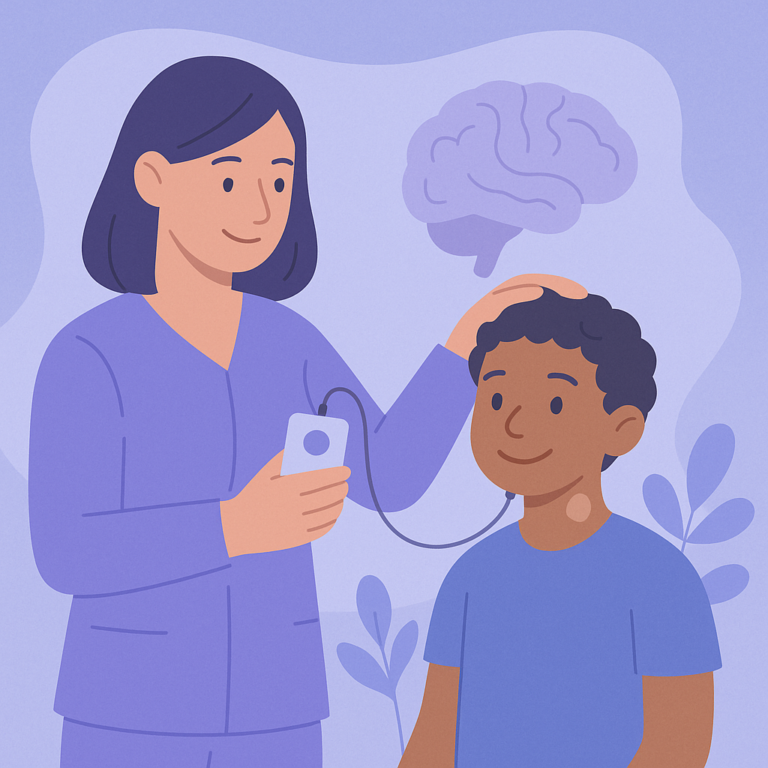
Researchers studied the effects of vagal nerve stimulation (VNS) on children with drug-refractory epilepsy (DRE) in South Africa.

A study was conducted to see how effective a computerized program called Go!
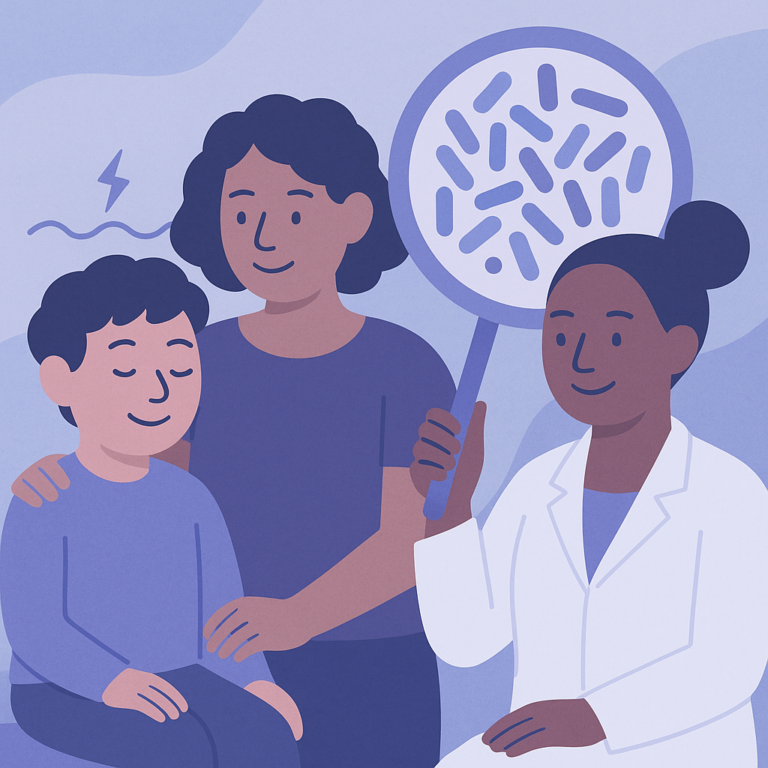
Researchers studied the effects of a specific gut bacteria called Bacteroides fragilis (B.
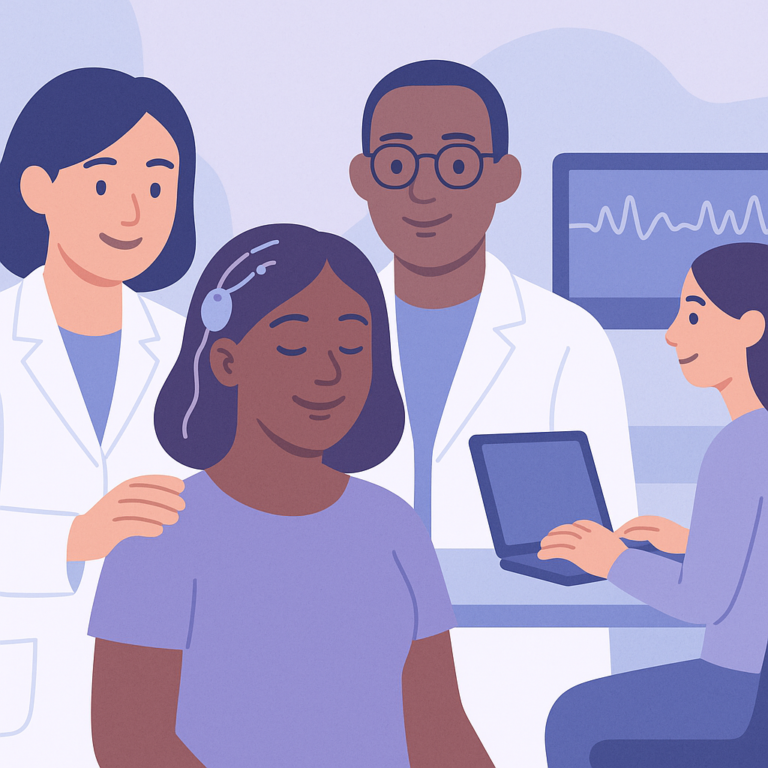
This study looked at how well a new type of EEG monitoring works for people with severe forms of epilepsy, specifically developmental and epileptic encephalopathies (DEEs).
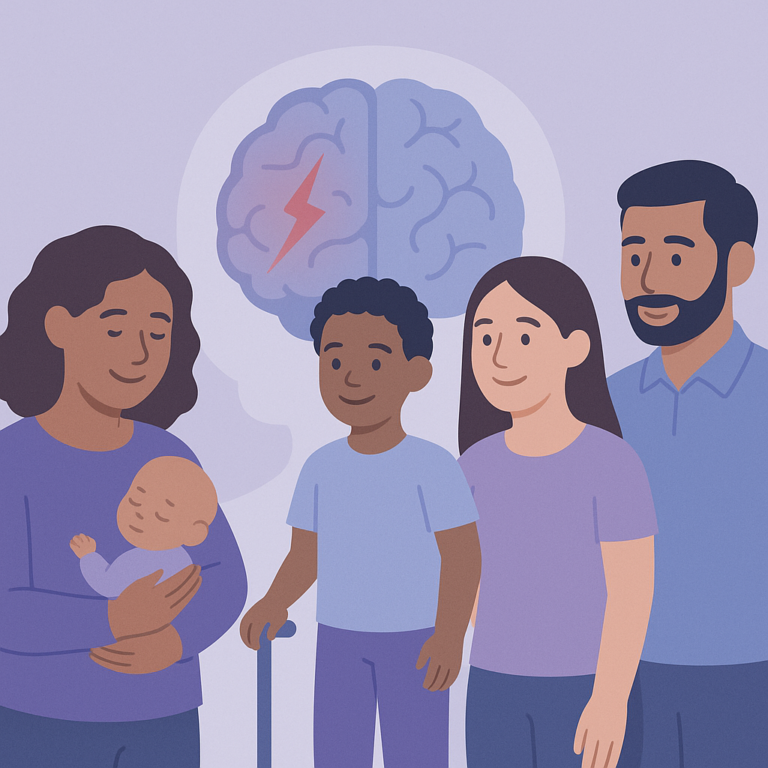
Researchers studied children who experienced perinatal arterial ischemic stroke (PAIS), a type of stroke that occurs around the time of birth and can lead to long-term health issues.
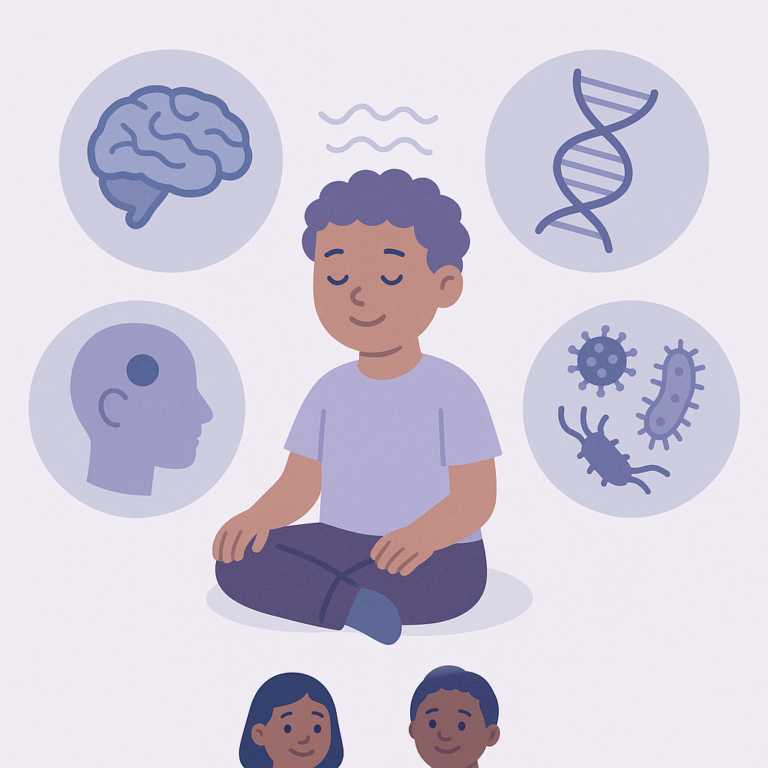
This study focused on children aged 1 month to 18 years who experienced new-onset focal seizures, which are seizures that start in one area of the brain.